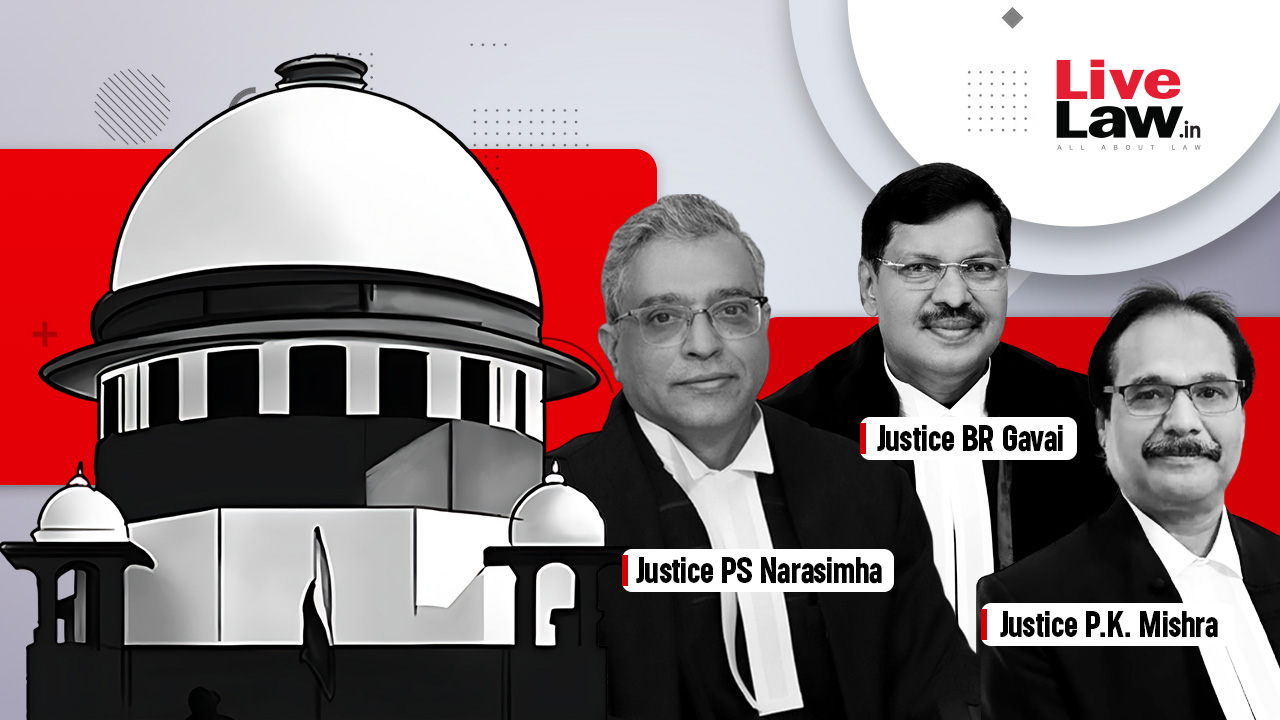The Supreme Court of India has voiced concerns over the practice of frequently directing student admissions through interim orders, urging for a more comprehensive approach to addressing admission-related issues.
The issue was brought to the forefront during a recent hearing in the Supreme Court, where the bench deliberated on the implications of frequently passing interim orders to admit students in various educational institutions. The practice has become increasingly common as a quick resolution to admission-related disputes, but the court is now scrutinizing the potential consequences.
The Supreme Court acknowledged that while interim orders can provide immediate relief to students and parents facing admission issues, they may not always address the root causes of such disputes, which can be complex and multifaceted. The court expressed concerns about the potential long-term consequences of repeatedly resorting to interim orders without addressing systemic issues in the education sector.
Justice S.K. Mishra, one of the justices on the bench, stated, “Interim orders are a valuable tool for providing immediate relief, but they should not be a substitute for comprehensive reforms in the education system. We must consider the broader implications of our decisions on student admissions.”
The court also noted that the frequent issuance of interim orders could lead to inconsistent and ad hoc decisions, potentially creating confusion and setting undesirable precedents in admission-related matters.
The deliberation comes as the court reviewed a specific case related to student admissions, where an interim order had been passed to admit students to a particular institution. While the court upheld the interim order in this instance, it used the opportunity to highlight the need for a more systematic and long-term approach to resolving such disputes.
Legal experts and education stakeholders have welcomed the Supreme Court’s decision to address this issue. They argue that while interim orders can provide immediate relief, a comprehensive examination of the underlying problems in the education system, such as admissions criteria and processes, is essential to ensure fairness and transparency.
The Supreme Court has suggested the formation of a committee to review admission-related issues comprehensively and propose necessary reforms to streamline the admission process and reduce the frequency of interim orders.
As this matter continues to be under consideration, the court’s stance may mark a significant step towards addressing admission disputes more effectively while encouraging long-term reforms in the education sector.










